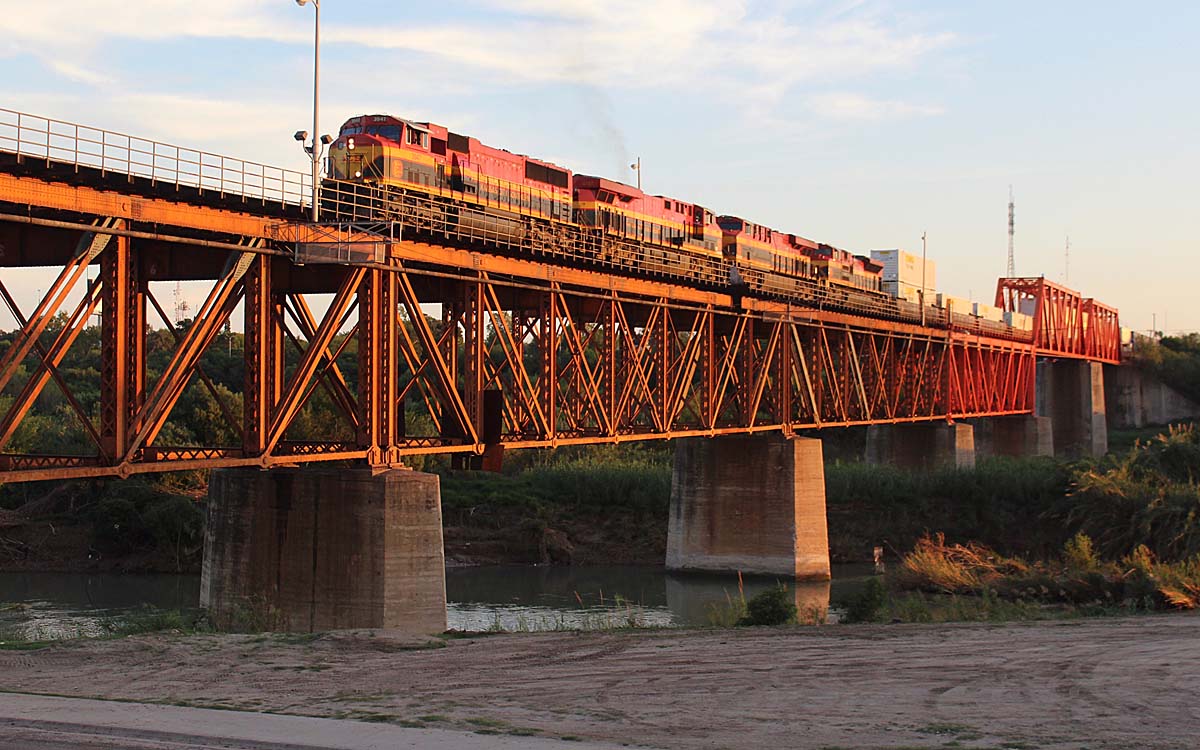
NEW YORK — The first new Canadian Pacific Kansas City trains will be a pair of hotshots that link Chicago with Texas and Mexico City, hauling Midwestern meat southbound and Mexican-grown fruits and vegetables northbound.
CPKC can begin offering single-line service as early as April 14, the date that Canadian Pacific will gain control of Kansas City Southern thanks to yesterday’s regulatory approval of their merger. CP CEO Keith Creel says CP and KCS have been encouraged by the success of the interline premium service test trains they have run with refrigerated and frozen products between Mexico and Chicago.

“We’ve had test moves in both. You can anticipate that the first train pair at the end of April, beginning of May will be running between Chicago and Mexico City. It’s going to be train 181,” Creel told an investor conference this morning.
CPKC will offer the first cross-border intermodal service for perishables shipments, the railroads have said. Hundreds of trucks cross the border at Laredo, Texas, every day carrying refrigerated and frozen cargo.
Trucks can spend two to three days at the border while their cargo is unloaded, inspected, and reloaded, Creel says.
CPKC aims to create a smoother and faster border crossing for its premium trains. “We’re on the verge of creating inland terminals with support of the Mexican regulator … to allow those products, in this case beef or poultry, to be inspected inland and not stop at the border,” Creel says. “It’s transformational.”
The transit time for CPKC trains running from Chicago to Mexico City will be five to six days. “A truck can’t touch that,” Creel says.
“Truck-like reliable service is what you need to take trucks off the road, or to realize the potential to take trucks off road. You’ve got to be reliable,” Creel says.
CPKC won’t take its eye off the service ball when the railways begin to mesh their operations, Creel says. He pledged that the merger integration will go smoothly, unlike the megamergers of the 1990s.
“Service is what we provide to our customers. It’s doing what you say you’re going to do,” Creel says. “And if you don’t have service you don’t have a product to sell.”
One of the benefits of having two years of regulatory review of the merger is that CP and KCS have had two years to plan combining the two companies, Creel says.
CPKC will first focus on getting the right people in place, Creel says. The new CPKC executive team will be announced on Friday morning. After that, Creel says CPKC will make sure they integrate the two railroads into one company and that service is seamless.
CPKC will celebrate the merger with an April 14 spike ceremony in Kansas City, the only point where the CP and KCS networks touch.
Creel defended Precision Scheduled Railroading, the low-cost operating model that has come under harsh criticism due to widespread layoffs and safety and service problems at the big U.S. railroads since 2017. “How you do it matters. I’ve been running a PSR railroad for 27 years,” Creel says.
The PSR fundamentals are about service, asset utilization, controlling costs, investing in safety, and developing people, he notes. “If you do that right it’s the right way to run a business,” Creel says.
Creel spoke at the J.P. Morgan Industrials Conference.






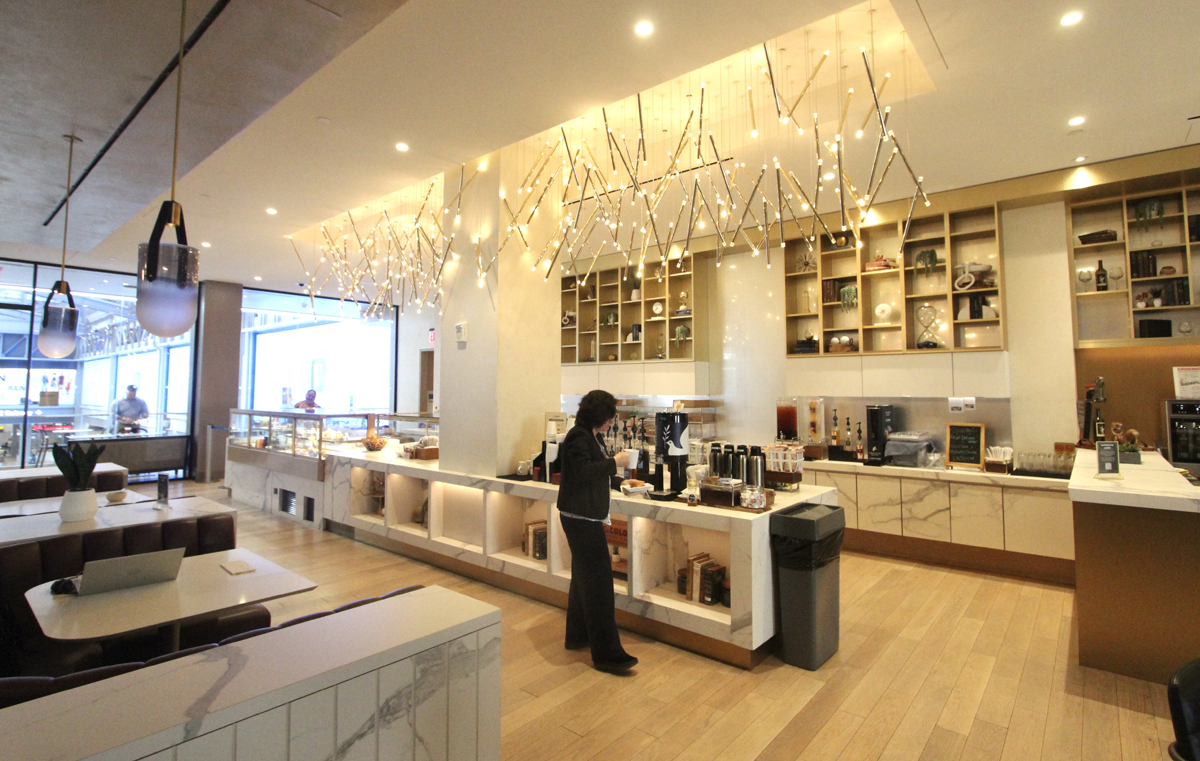
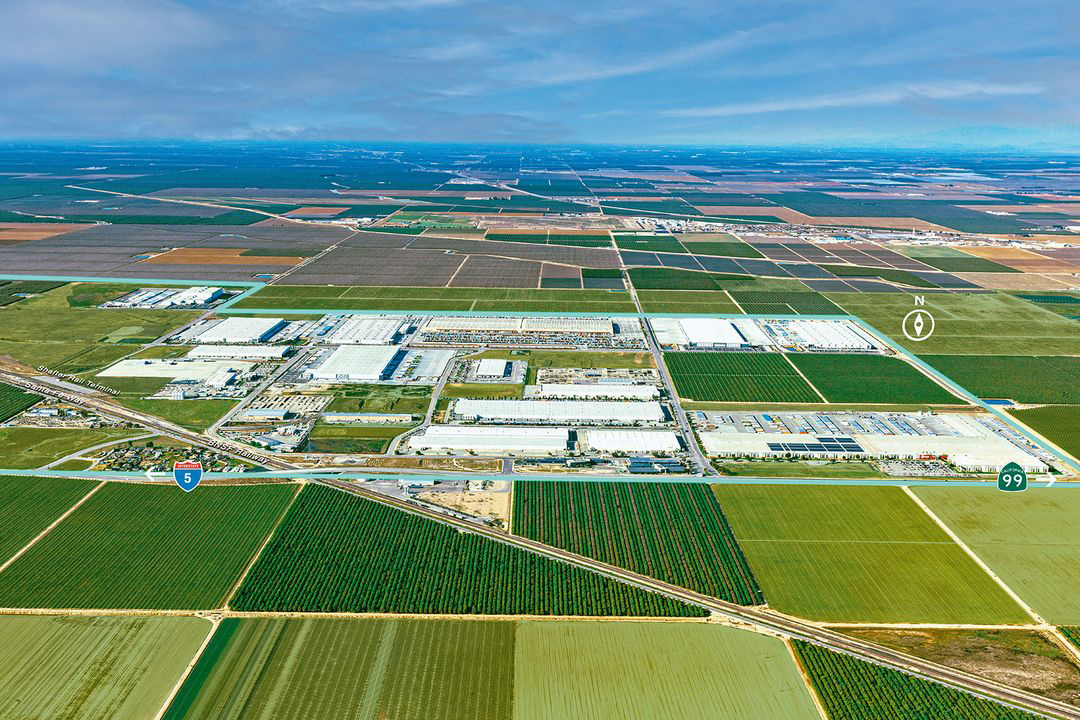
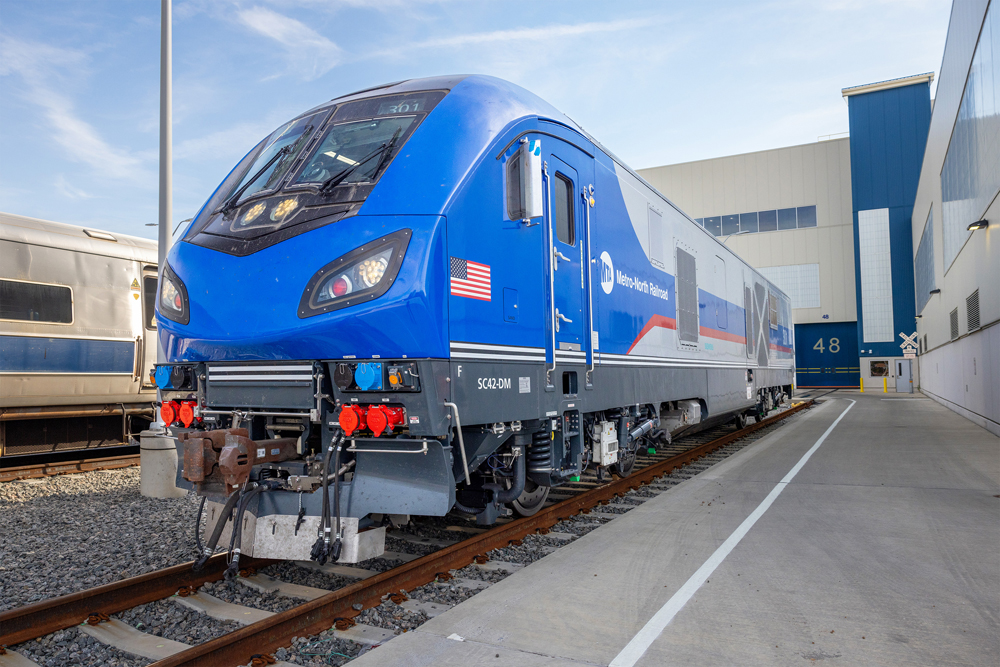
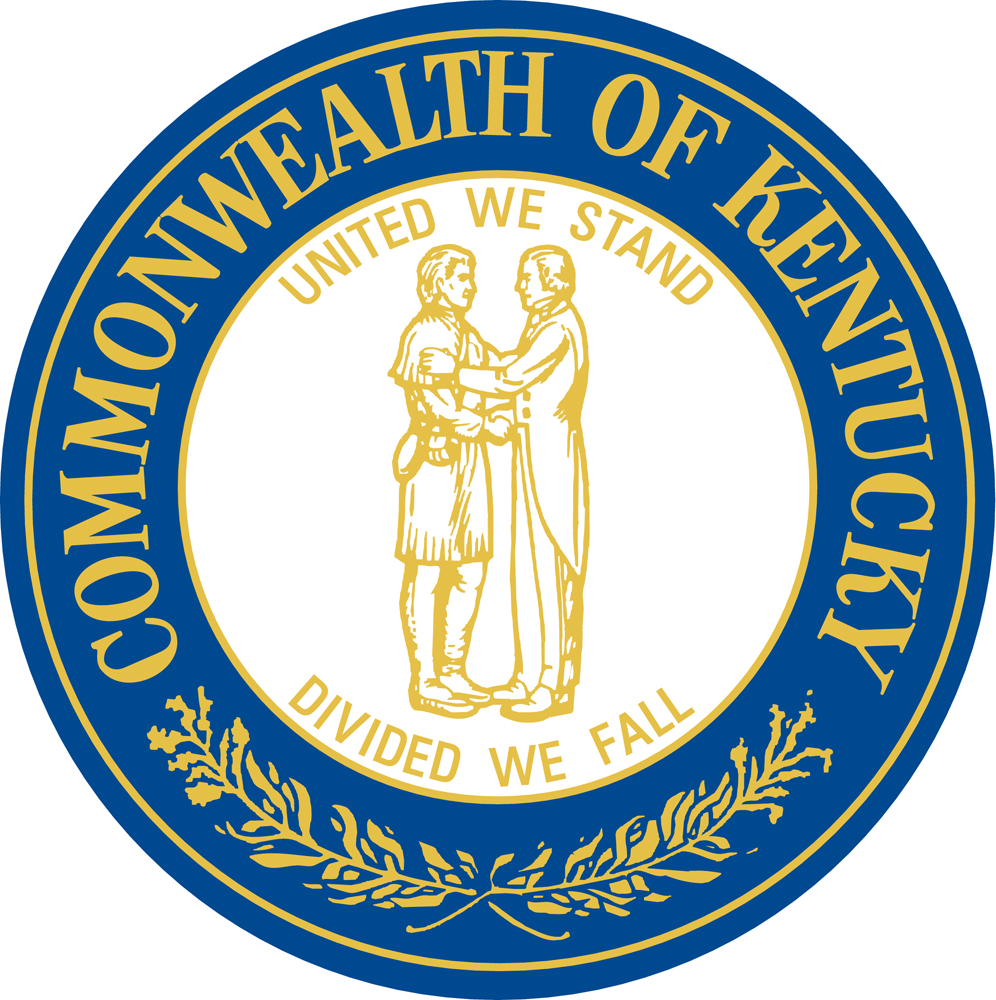




George Forbes The Kansas City Southern would Hand the Train over to the Canadian Pacific which Allowed the Railroads to Operate Independently and Allow the Mexican Government to See the Progress of the Merger
Could someone explain how changing the logo on the locos and having more run through freights is going to take 64,000 trucks off the roads (as stated in the Toronto Globe and Mail)?
Its not so much pricing, its timing. Many perishables (Chicago) and auto parts (Canada) come up from Mexico. In return is oil, meats and meat byproducts, soy and corn syrups back to Mexican processors.
Much of this uses the Cuidad Juarez to Windsor interste highway path today if going by truck.
Pork! Don’t for get the pork!
Around 25% of US pork production is exported as killed meat. The largest export volume going to Mexico. The state with the most hogs by far is Iowa.
CPKC will serve both Iowa and Mexico. So, don’t forget the pork.
What has kept them from running these perishable express trains as two separate railroads?
Nothing. If two railroads want to serve customers (they don’t) they’d figure out how to do it. UPRR and CSX flopped at perishables Northern California to the Albany area. But that’s UPRR and CSX, they flop at everything.
It was union pacific that decided to drop the service. CSX was doing good on their end
The problem was that the service was good for CSX, but just mediocre for UP.
So UP stopped it. Since they owned the terminals and the reefers they could do that. And that could happen with two separate railroads unless they bind themselves so tightly together such as by investing jointly in fixed assets and specialized railcars, or by merging. As separate railroads the service is not likely to benefit both equally. The railroad deriving the lesser benefit is likely to walk away.
I might want to add that the California to NYC to Jacksonville perishables markets was killed by a lengthy drought in California. Less produce to ship, less interest in the market.
UP and CSX had it all worked out with the now defunct Railex.
California to/from Jacksonville was going exchange at East St Louis.
California to/from Rotterdam were going to exchange near Kingsbury, Indiana.
CSX was going to set up a produce triangle service of Jacksonville to Kingsbury to Rotterdam and repeat.
UP was going to set up a reciprical service with CSX for European perishables (wines, cheeses, bulk dairy, etc) going west from Rotterdam and pineapples and other South American fruits from Jacksonville coming back. Railex even leased a huge reefer building in Jacksonville off the FEC to work the transfers and a bunch of reefer cars.
It died becuase UP couldn’t get enough produce out of California to justify the East St Louis routing so they threw the Railex cars on the back of the North Platte to Chicago service which added 2-3 days to reach jacksonville and it lost to trucks. CSX shut down the Illinois Sub shortly after.
Now that California is seeing some kind better weather, perhaps the perishables market will recover, but that is only possible if the railroads are willing to try again.
27 years of PSR and I have never in my 30 years of railroading seen service so bad and the CP has really gotten bad. I have 70 car I’ve been waiting for 2 weeks, I have another property we used to have 5 day a week service. now we are lucky to get 1 day a week service.
I’m no fan of Creel (nor PSR for that matter), but I’m still impressed that the CEO knows the detail of his railroad’s operation down to the specific train number.
I’m not a PSR fan either. I will say, however, after watching him during the STB merger hearings, that Mr. Creel knows the nuts and bolts of the railroad business. He’s no vacuous stuffed suit like Lance Fritz.